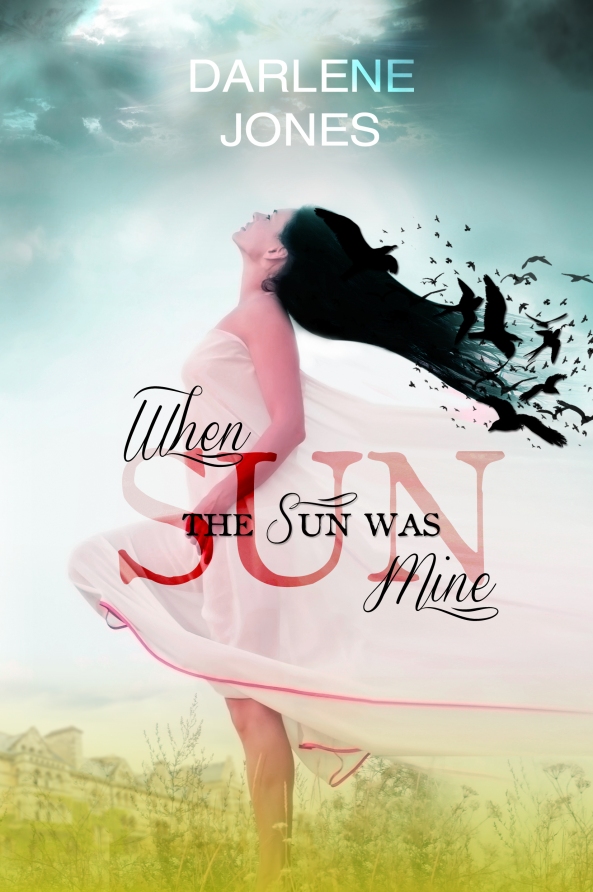
A while back I wrote about sorting through my photos. Of course I found wedding pictures and seeing them brought this to mind.
Mom: When do you want to go shopping for your wedding dress?
Me: I’m going to wear yours.
Mom: You’ve been saying that since you were a little girl, but are you sure you really want to?
We dig the dress out from the back of the closet. Ivory satin with a row of tiny buttons down that back that I love now as much as I did when I was a kid. I breathe a sigh of relief when I see that none of the buttons are missing. As the satin was never pure white, the slightly yellowed look is not a deterrent to wearing the dress.
I try it on. The hem needs to be straightened, but otherwise it feels fine. We shop for shoes and a veil to go with the dress and find both easily enough.
My wedding day is on what would have been my parents’ 25th anniversary if my father hadn’t died the year before. A tough day for us—especially for my mother; but we get through it and I hope that the hugs and good cheer can lighten, for a while at least, my mother’s load of grief.

A number of years later I’m asked to model “our” wedding dress in a charity fashion show. As we gather backstage, I find a woman about my mother’s age wearing her dress which is identical to mine.
“My mother bought her dress in Yorkton, Saskatchewan,” I tell her, “just after the war. She said she had two choices and said that neither fit properly, but she liked this one best.”
The lady nods knowingly. “I bought mine in Calgary, Alberta in 1945 and this was the only choice. Luckily it fit me reasonably well.”
I feel a kinship to this stranger as we model on the catwalk together and marvel at circumstances that brought us together.
The dress still hangs in the back of my closet with all our memories firmly attached. My daughter didn’t wear it, but perhaps one day my granddaughter will and my and my mother’s spirits will walk down the aisle with her.
www.darlenjonesauthor.com
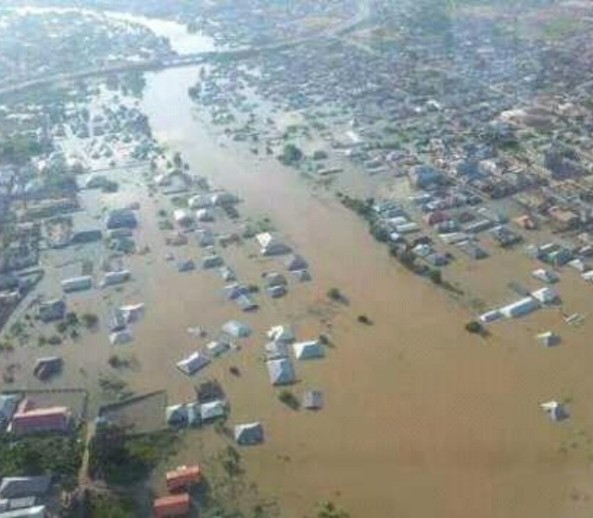
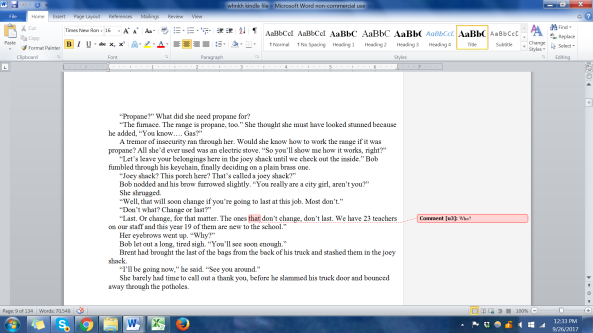
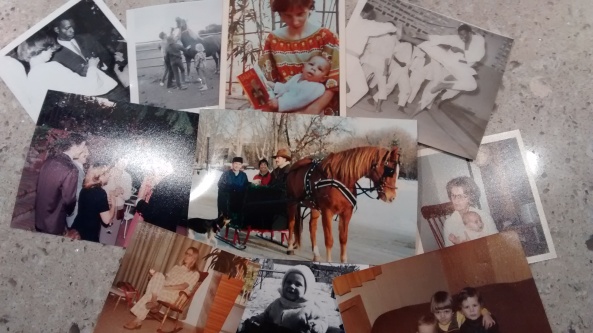
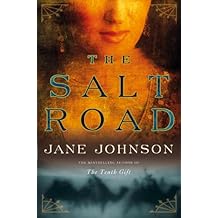

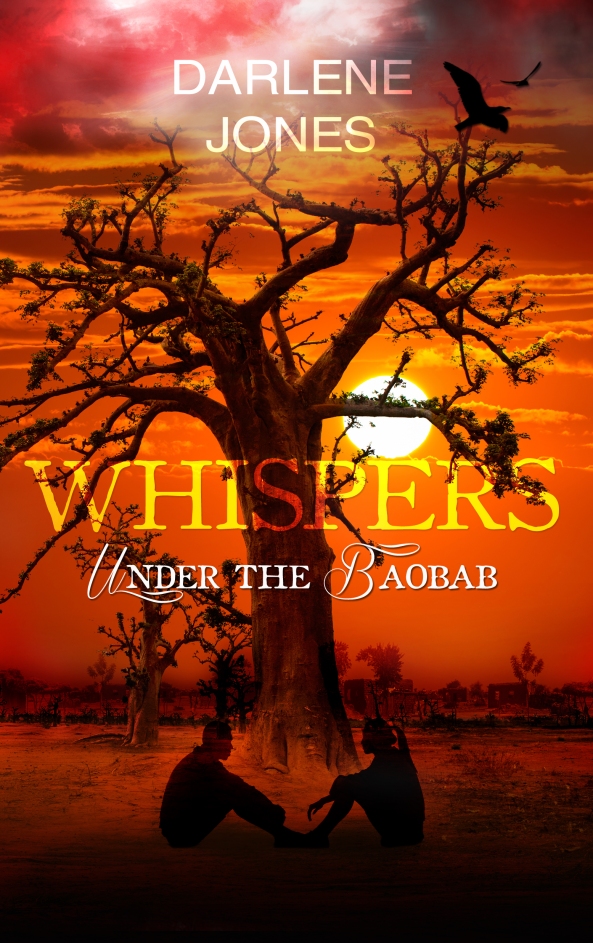
![The Tenth Gift by [Johnson, Jane]](https://images-na.ssl-images-amazon.com/images/I/5100AKEJOwL.jpg)
